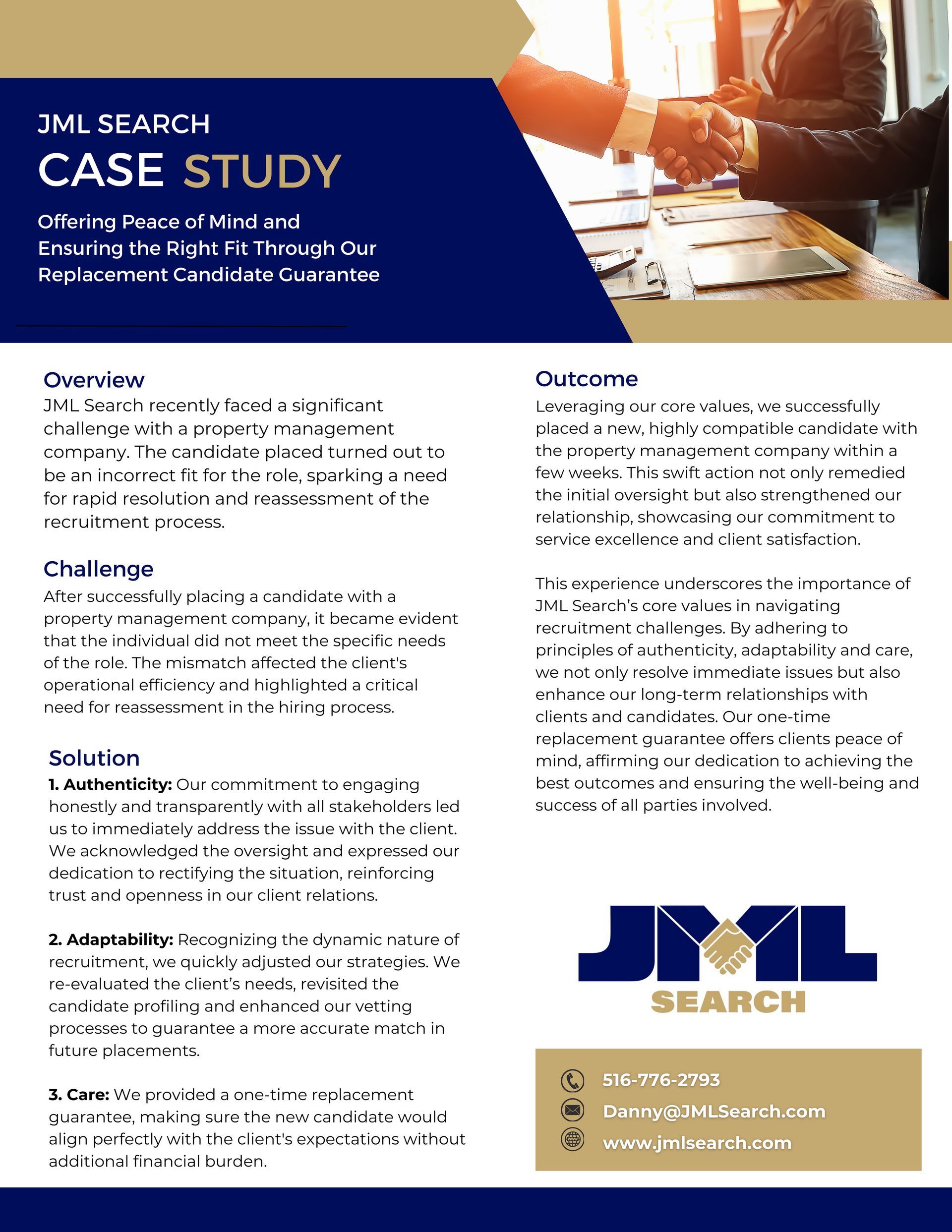The Battle Over Non-Compete Agreements
The debate over non-compete agreements is intensifying across the corporate landscape, marking a crucial turning point in employment law and worker freedom. These agreements, traditionally used to protect a company's proprietary information and prevent competition, are now under scrutiny for their restrictive impact on employee mobility and broader economic innovation. This article delves into the ongoing battle over non-compete agreements, exploring the implications for both employers and employees, and considering the future of these contentious clauses.
The Stakes for Employers:
Protective Measures at Risk: Employers have long relied on non-compete agreements to safeguard their trade secrets and maintain a competitive edge. These agreements restrict employees from joining competitors or starting similar businesses within a certain timeframe after leaving the company. However, as opposition grows, companies face the challenge of finding new ways to protect their intellectual property without stifling innovation or alienating talented workers.
Adapting to New Realities: In response to mounting criticism and legal restrictions, businesses are exploring alternative strategies. This includes strengthening other contractual elements such as non-disclosure agreements (NDAs) and non-solicitation clauses. Some companies are also focusing more on building a positive workplace culture that encourages loyalty and reduces turnover, rather than relying solely on legal restrictions to retain talent.
Opportunity for Innovation: While the erosion of non-compete agreements poses challenges, it also offers opportunities for businesses to tap into a more dynamic labor market. With fewer restrictions, companies can benefit from the cross-pollination of ideas as employees bring diverse experiences and skills from various roles and industries, potentially driving greater innovation and growth.
The Impact on Employees
Enhanced Career Mobility: The most significant advantage for employees in this evolving landscape is increased job mobility. As non-compete agreements become less enforceable, individuals gain the freedom to pursue opportunities that best suit their career goals and personal growth, without the fear of legal repercussions.
Empowered Negotiations: With the weakening of non-compete clauses, employees find themselves with enhanced bargaining power. This shift allows for negotiations that can lead to improved compensation, superior benefits, and more favorable working conditions.
Expanded Career Options: The decline in non-compete enforceability opens up a broader range of career possibilities, especially for those in specialized fields or industries where such agreements were particularly common. Employees can explore new ventures or switch industries with less concern about contractual limitations hindering their progress.
Looking Forward: The Future of Non-Compete Clauses
The battle over non-compete agreements reflects a broader movement towards balancing business protection with individual rights and economic health. As more states consider legislation to limit or ban these agreements, the business community and workforce must adapt to a changing environment. This might include a shift towards agreements that are more narrowly tailored to protect specific interests without overly restricting employee freedom.
For policymakers, ensuring that these changes benefit the economy without harming business innovation will be a delicate balancing act.
For businesses, the challenge will be to innovate internal practices to secure loyalty and proprietary information. For employees, the landscape is becoming more open, offering new opportunities for career development and personal growth.
In sum, the battle over non-compete agreements is reshaping the interplay between employer protections and employee rights, heralding a new era of workplace dynamics where freedom and innovation are at the forefront.
As this debate continues, it will shape the future of work in ways that could profoundly impact all sectors of the economy.
Danny Herskowitz is the CEO & Founder of JML Search LLC,
a recruitment firm focused on helping companies within the Hospitality/Accommodation & Travel sector's find the best talent in the market for their teams. To learn more about our Recruitment Services please e-mail: danny@jmlsearch.com
Recruitment Insights



